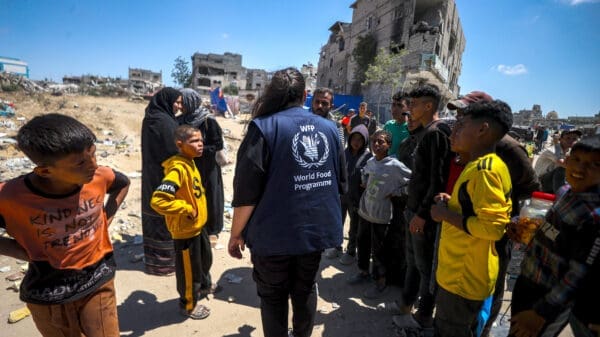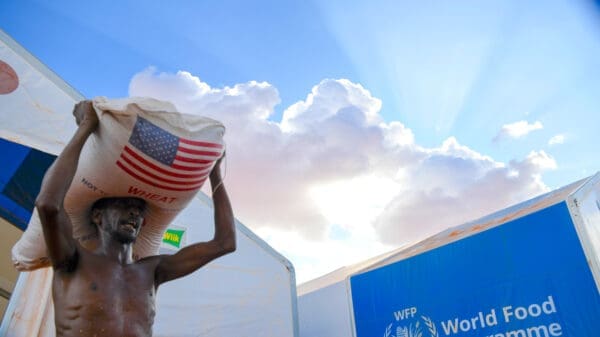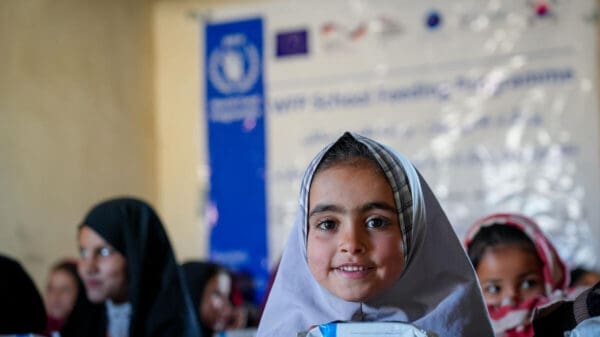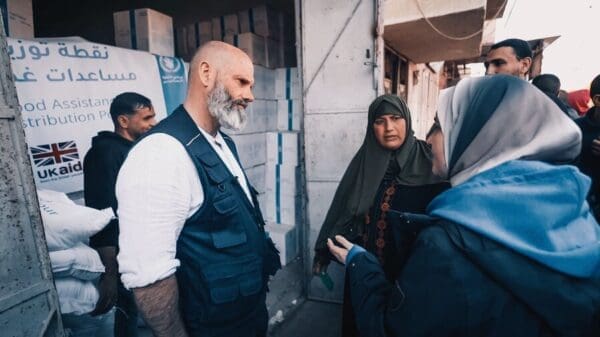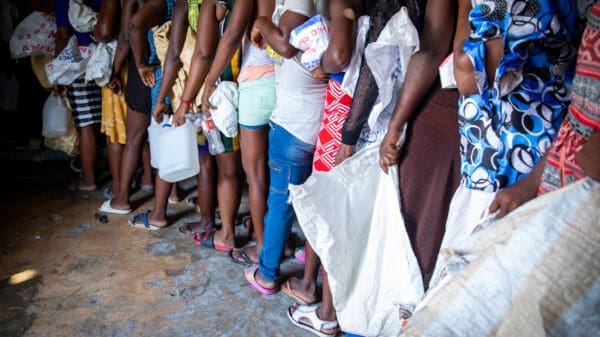Afghanistan: WFP Continues to Deliver as Winter and Humanitarian Crisis Loom

Guided by the principles of humanity, impartiality, neutrality and operational independence, the United Nations World Food Programme (WFP) is continuing to serve the people of Afghanistan – a country where one in three are going hungry.
Due to the combined effects of drought and the coronavirus pandemic, on top of years of conflict, 14 million people are hungry, including 2 million children who are malnourished.
The looming winter looks set to make things even harder for people in remote mountainous areas.

The harsh Afghan winter makes it impossible to deliver assistance in mountainous areas.
“Humanitarian catastrophe awaits the people of Afghanistan this winter unless the global community makes their lives a priority,” said the U.N. World Food Programme’s regional deputy director for Asia and the Pacific Anthea Webb at a briefing at the UN in Geneva today.
“Usually at this time of year, the U.N. World Food Programme is busy pre-positioning food stocks in warehouses and with communities across Afghanistan, to be then distributed to needy Afghan families before they are cut off by brutal winter snows,” she added.
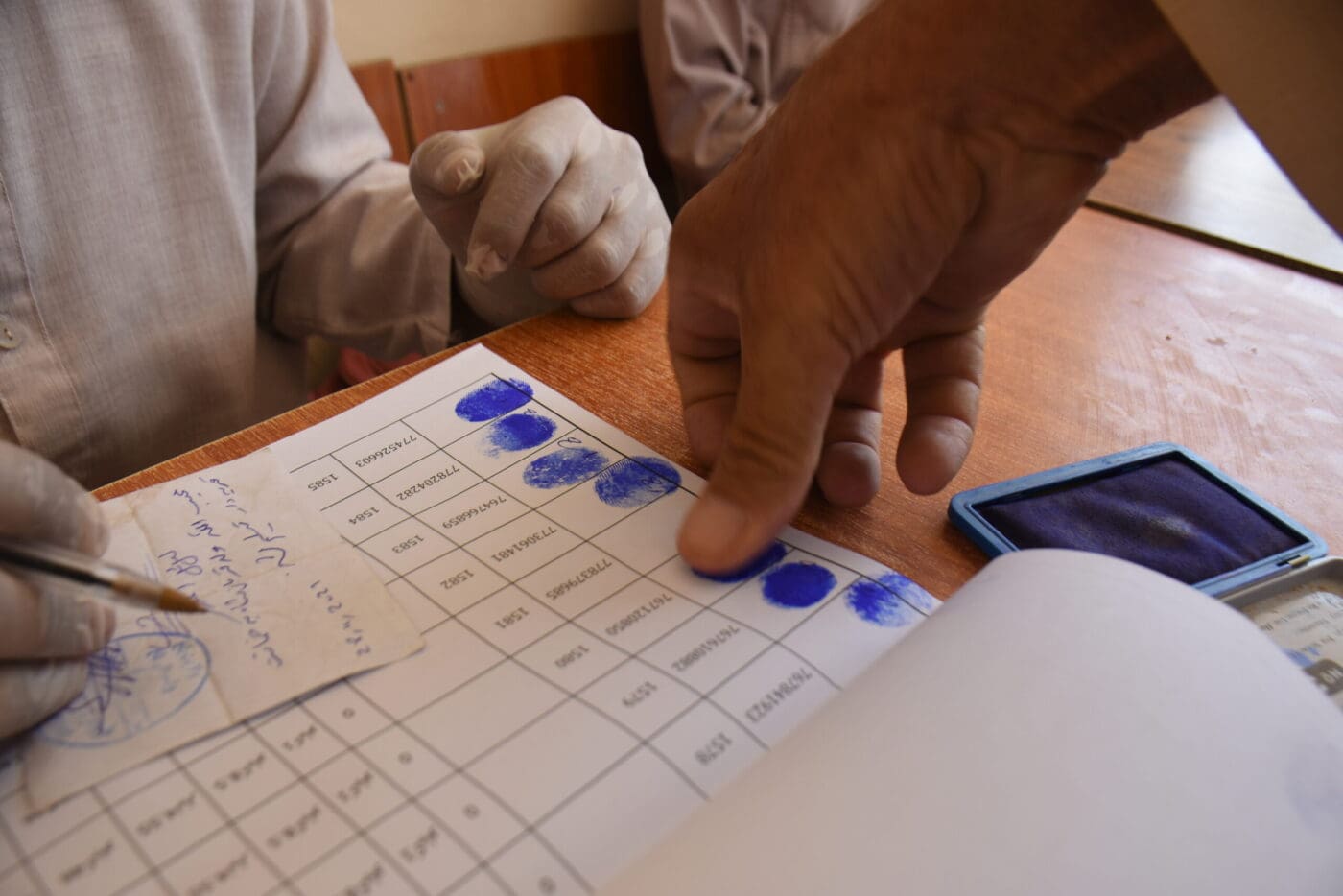
From August 13 – 20, despite the week being one of the most dramatic in Afghanistan’s recent history, the U.N. World Food Programme reached 80,000 people with aid.
This year, however, tight funding levels and escalating needs mean the U.N. World Food Programme could run out of its main supply – wheat flour – by October.
“We have only a few short weeks to secure the necessary donor funding and get food in place before mountain passes are blocked by snow,” Webb told the briefing.
The U.N. World Food Programme urgently needs $200 million to deliver lifesaving assistance before it is too late. Despite security and logistics challenges, the U.N. World Food Programme maintains access to most of the country including areas experiencing active fighting and still plans to reach 14 million people in Afghanistan this year.
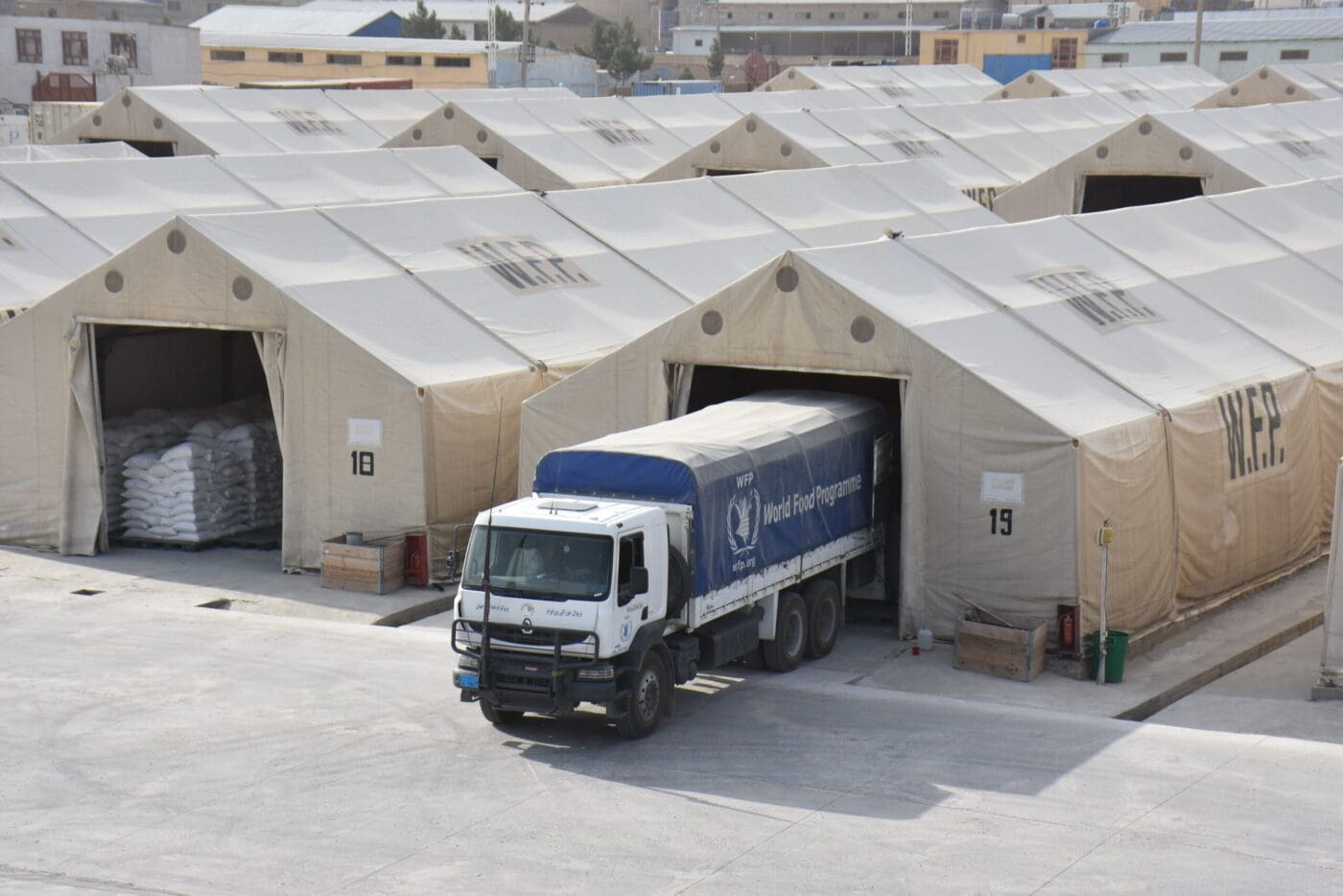
Since the beginning of 2021, the U.N. World Food Programme has delivered food and nutrition assistance to 5.5 million people, including over 400,000 people internally displaced by conflict.
In the first six months of this year, the U.N. World Food Programme delivered food and nutrition assistance to 5.5 million people, including those newly displaced by fighting. In June alone, the U.N. World Food Programme reached over 375,000 children and pregnant and breastfeeding women with nutrition support. The U.N. World Food Programme is also working to expand mobile health clinics in the country so women and children can maintain access to health and nutrition support despite the security situation.
We are committed to continuing humanitarian operations, alongside our humanitarian partners, and assisting Afghan families at this critical time.
A tide of hunger is looming over Afghanistan following the rapid acceleration of conflict compounded by drought and COVID-19. Vulnerable Afghan families need your help.
